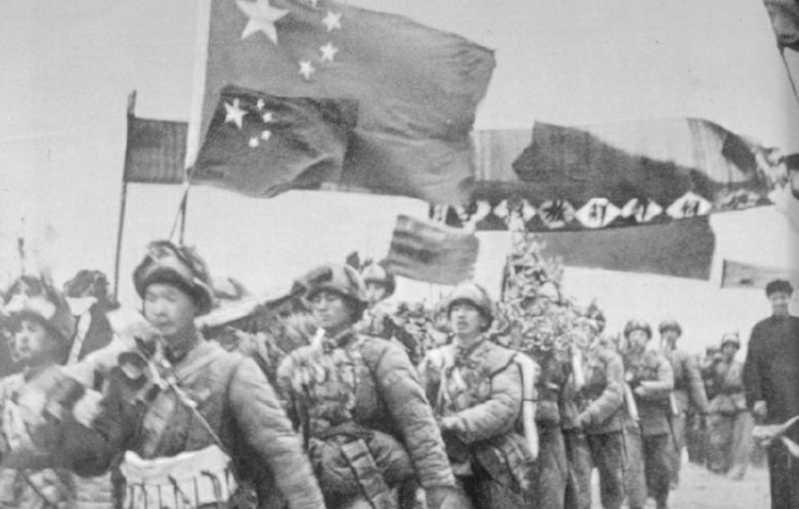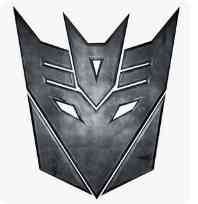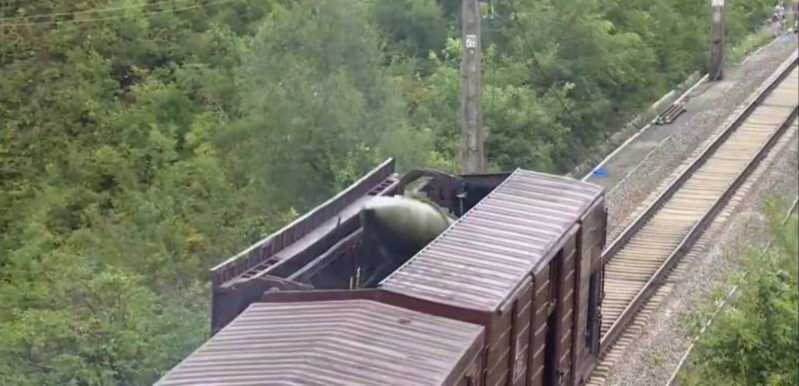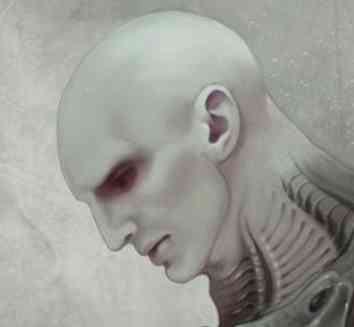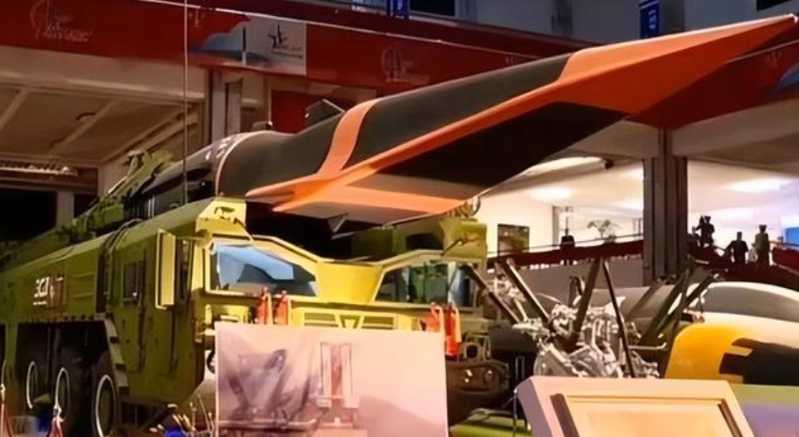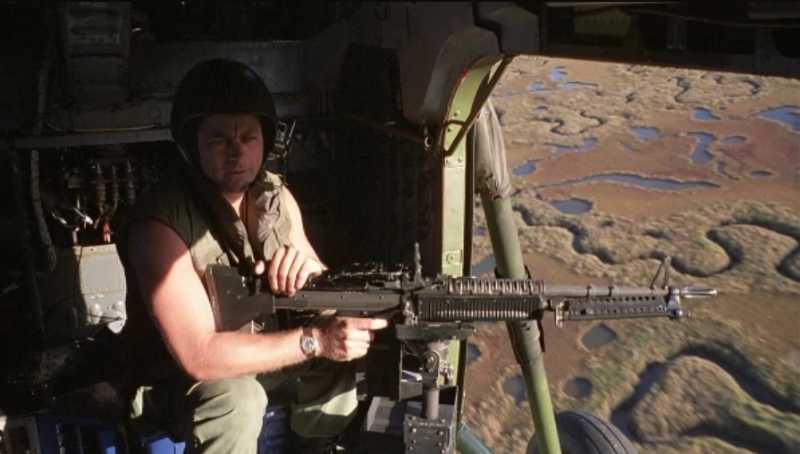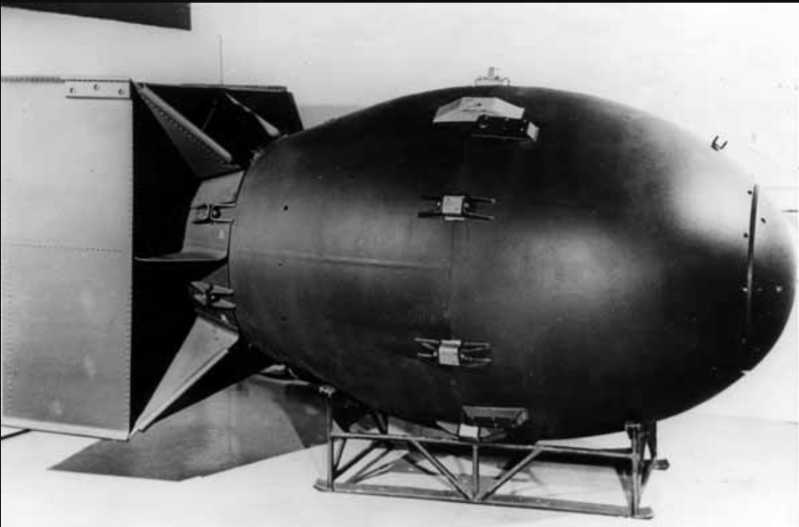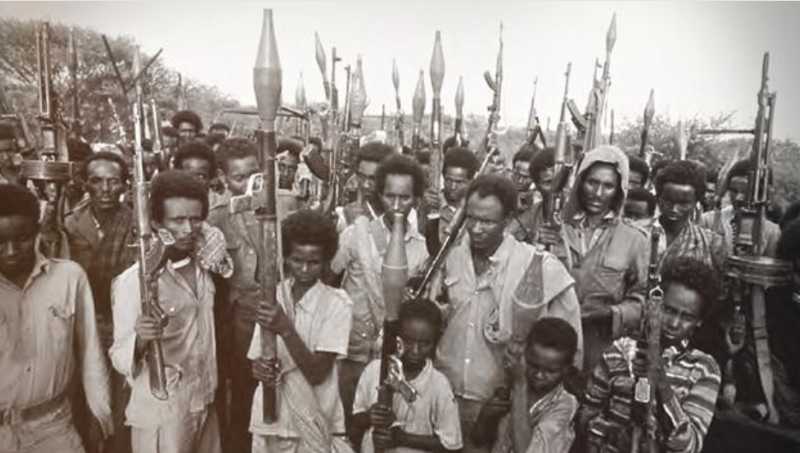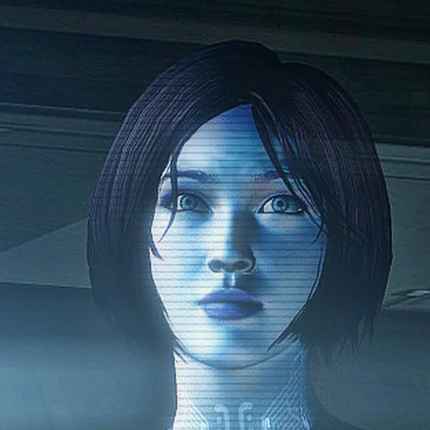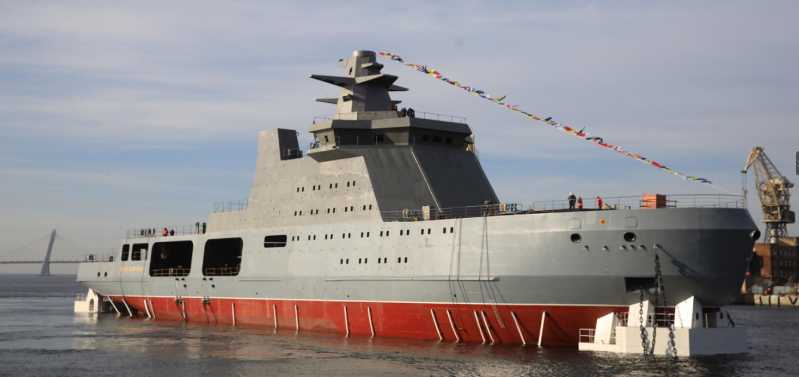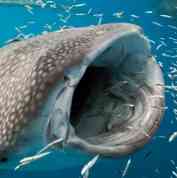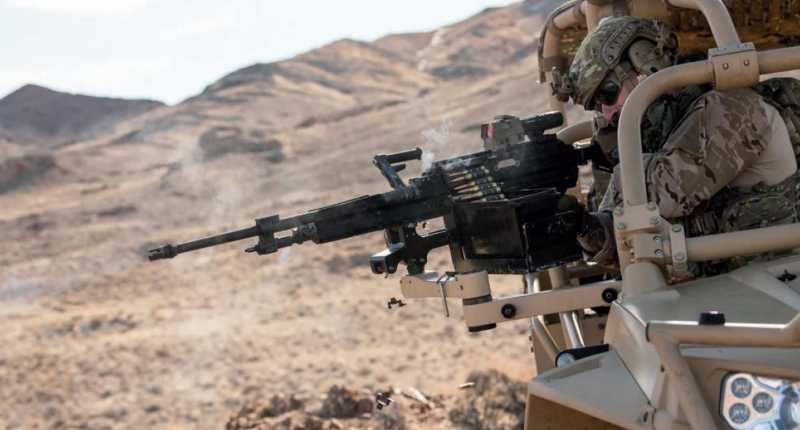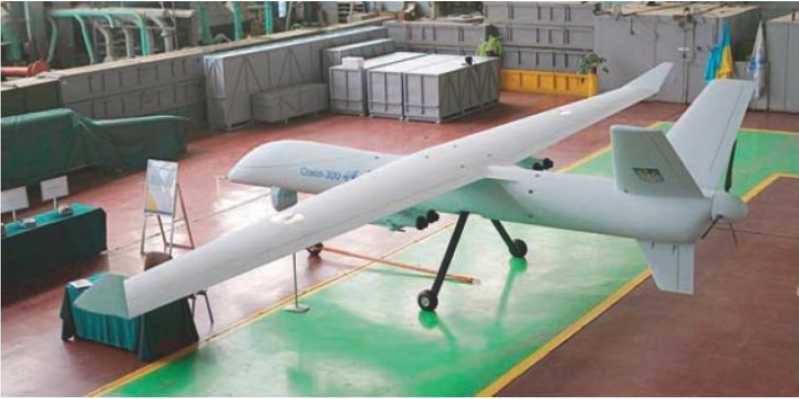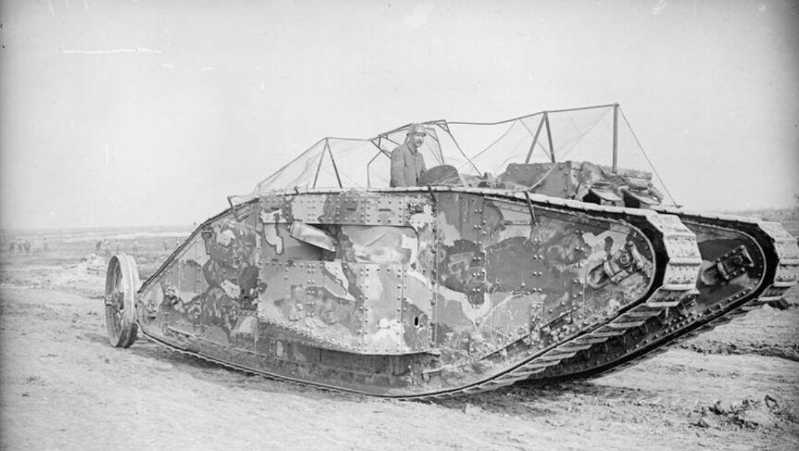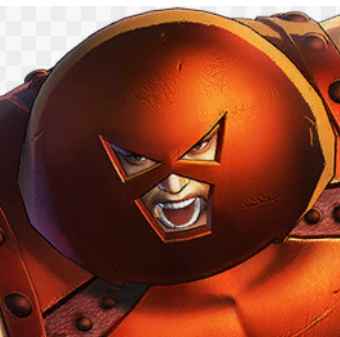1. Better late than never
On October 1, 1950, the new China celebrated its first birthday. On this day, joyous celebrations were held all over the country. In the morning, Chairman Mao watched the grand military parade on the Tiananmen Tower with other leaders. In the evening, a wonderful fireworks show was held in Tiananmen Square.
While the celebratory fireworks were flying over Beijing, Chairman Mao received two heavy messages from Stalin and Kim Il-sung. Every word in Kim Il-sung’s letter reveals the danger that North Korea is currently facing:
"...At present, the enemy is taking advantage of our serious crisis and not giving us time. If they continue to attack the area north of the 38th parallel, it will be difficult to overcome this crisis by our own strength. Therefore, we have to ask you to give us special assistance, that is, in the case of the enemy attacking the area north of the 38th parallel, we hope that the Chinese People’s Liberation Army will directly assist our army in the battle!"
In contrast, Stalin’s telegram can be described as leisurely:
"I am on vacation far away from Moscow and don’t know much about the situation in North Korea. However, from the message from Moscow today, In my report, I learned that the Korean comrades are in trouble.
...According to the current situation, if you think you can provide reinforcements to the Koreans, even five or six divisions, you should immediately advance to the 38th parallel so that the Korean comrades can organize reserve forces north of the 38th parallel under the cover of your troops. The Chinese troops can appear as volunteers, of course, under the command of Chinese commanders. I have not talked about this with the Korean comrades, and I don’t intend to talk about it. But I have no doubt that they will be very happy when they learn about this. "
Although the tone is completely different, the two telegrams express exactly the same request: please ask the Chinese People’s Liberation Army to enter North Korea immediately to participate in the war.
These two telegrams came too late. In the more than three months after the Korean War began, in order to help North Korea win the war, China has repeatedly extended a helping hand to North Korea and took the initiative to ask Kim Il-sung whether he needs the People’s Liberation Army to enter North Korea to help. In the early stage of the Korean War, the Korean People’s Army had always occupied a huge strategic advantage. If Kim Il-sung had been able to figure it out earlier and let the People’s Liberation Army enter North Korea and fight side by side with the People’s Army, the powerful Sino-Korean coalition would have pushed the United Nations Army into the sea. However, Kim Il-sung at that time did not say a word, neither good nor bad, and completely ignored China’s goodwill.
On September 15, the situation suddenly changed. The United Nations Army suddenly landed in Incheon. The Korean People’s Army, whose supply lines were cut off, was almost wiped out. The entire situation on the Korean battlefield changed fundamentally. This time, Kim Il-sung finally "figured it out". After finally getting permission from Stalin, Kim Il-sung immediately sent a distress signal to China - it is said that in order to save translation time, the Chinese distress letter sent to China was written by Kim Il-sung himself. For China, the performance of Kim Il-sung, the neighbor, is really speechless. I told you to keep calm and fight together, but Kim Il-sung refused to listen and had to wait until all his troops were lost before he came to China for help with a sad face.
However, no matter how bad Kim Il-sung behaved, North Korea was still a friend in the socialist camp. If North Korea was really defeated, the new neighbor who came in would be an enemy! Although the situation on the Korean battlefield was already very bad at this time, Chairman Mao decided to send troops because it was better to be late than never.
On October 2, Chairman Mao had already written a long reply to Stalin, and the first sentence was:
"We have decided to send a part of the troops to North Korea in the name of the Volunteer Army to fight against the United States and its running dog Lee Seung-man’s army..."
In this telegram, Chairman Mao described in detail the specific combat ideas and estimates of difficulties for the Volunteer Army to participate in the war. From this telegram, it can be seen that Chairman Mao had already been preparing for the Korean War, and his thinking was very mature at this time. After writing the reply, Chairman Mao convened an enlarged meeting of the Central Secretariat and invited senior military leaders in Beijing at that time to discuss the issue of sending troops to North Korea.
However, the discussion at the enlarged meeting of the Central Secretariat of the Communist Party of China surprised Chairman Mao. The vast majority of participants did not support sending troops to North Korea.
There is no record of the specific process of this meeting, but the result of the discussion is very clear: everyone agreed that the issue of sending troops to North Korea should be handled with caution, and the Central Committee will hold an enlarged meeting of the Political Bureau on October 4 to further discuss this issue.
This completely unexpected result forced Chairman Mao to press the telegram that had been written and send another telegram with a completely different meaning to Stalin:
"...If we send out a few divisions and are then driven back by the enemy, and this causes an open conflict between the United States and China, then our entire peace restoration plan will be completely disrupted, and many people in the country will be dissatisfied with us (the trauma caused by the war to the people has not yet been healed, and the people need peace).
Therefore, it is best to restrain yourself and not send troops for the time being, and at the same time accumulate We should prepare our forces as much as possible, which will be more advantageous in seizing the opportunity to fight the enemy.
...We will hold a meeting of the Party Central Committee, and the responsible comrades of all the central departments will attend. No final decision has been made on this issue. This is our preliminary telegram. We hope to discuss it with you.
If you agree, we are ready to send Zhou Enlai and Comrade Lin Biao to your sanatorium immediately to discuss this matter with you and report on the situation in China and North Korea. "
After sending this telegram to postpone the dispatch of troops, the Chairman fell into deep thought. After careful consideration, the Chairman decided to immediately call Peng Dehuai to Beijing to attend the enlarged meeting of the Political Bureau held on October 4.
2. The veteran will come out
If the two war geniuses Lin Biao and Su Yu who shone in the War of Liberation were generals sent by heaven, then Peng Dehuai is more like the soul of our native people’s army.
Peng Dehuai’s life is almost the entire history of the Chinese Communist Party building its own armed forces and eventually liberating the whole of China.
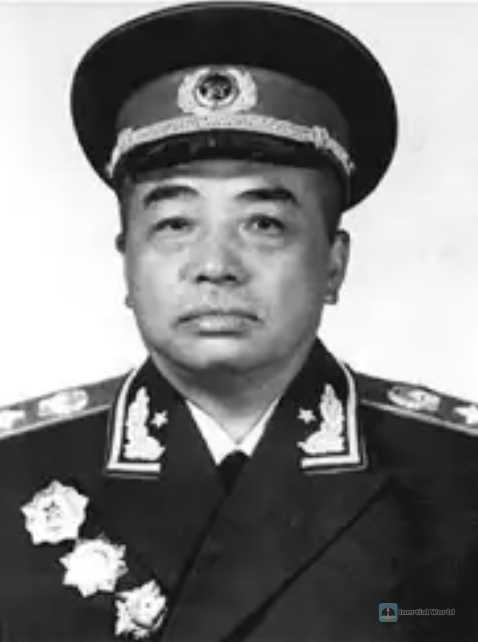
Like thousands of Red Army soldiers, Peng Dehuai was born into a poor peasant family. His parents died when he was young. He would rather starve than go out to beg for food. He worked hard as a laborer and made a living. He joined the army very early to support himself.
The hard experience in his childhood made Peng Dehuai stubborn, simple, and tenacious, and also forged his iron-like will. After joining the Red Army, the brave and combative Peng Dehuai quickly became an excellent military commander. During the Long March of the Red Army, Peng Dehuai commanded the troops to cross the Xiangjiang River, break the Wujiang River, and capture Loushanguan, helping the Chinese Red Army in distress to get out of the snow-capped mountains and grasslands. During the Anti-Japanese War, Peng Dehuai became the deputy commander-in-chief of the Eighth Route Army. The Hundred Regiments Campaign he commanded shocked the Japanese invaders.
During the War of Liberation, Peng Dehuai, as the deputy commander-in-chief of the People’s Liberation Army, was responsible for the most difficult and most difficult task of commanding the Northwest Theater. He commanded the Northwest Field Army of less than 100,000 troops, fought back and forth with Hu Zongnan’s 300,000 troops, and finally liberated the entire Northwest.
After the founding of New China, Peng Dehuai became the first secretary of the Northwest Bureau, focusing on production and economic work in the Northwest. With the advent of the era of peace, and the presence of two outstanding young warriors, Lin Biao and Su Yu, in the army, Peng Dehuai once thought that he, the veteran, could be put to rest and no longer lead troops to fight.
After the outbreak of the Korean War, the first person the Chairman thought of was indeed Su Yu. Facing the US military, the most powerful enemy in history, Su Yu, who was elusive and good at defeating the strong with the weak, was undoubtedly one of the most suitable candidates for the head coach.
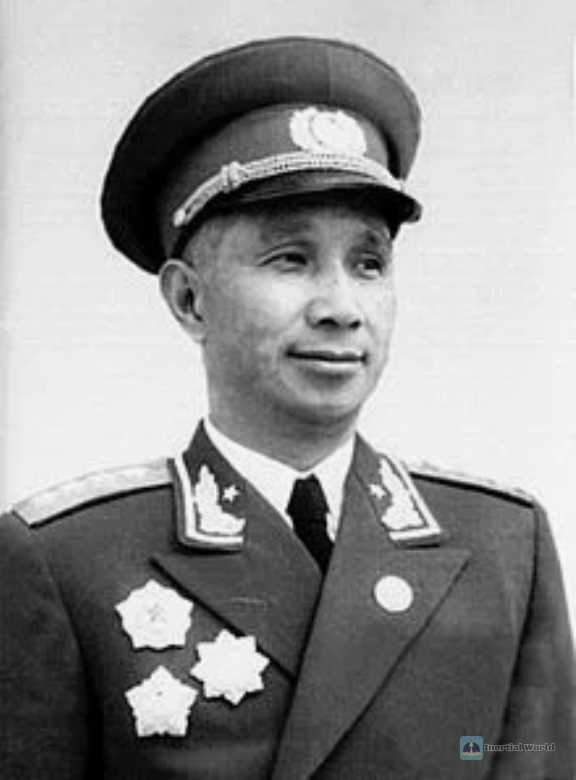
Unfortunately, during his many years of war, Su Yu was wounded six times, two of which were in the head. The continuous great pressure and overwork during the war years further deteriorated Su Yu’s physical condition. After the end of the War of Liberation, Su Yu suffered from high blood pressure, Meniere’s syndrome and severe gastrointestinal diseases, and dizziness and headaches were commonplace.
When Su Yu received the Chairman’s call, his physical condition was already very bad, but Su Yu still took on this heavy responsibility without hesitation and began to work on the pre-war preparations of the Northeast Frontier Defense Army.
Unexpectedly, the huge work pressure made Su Yu’s condition deteriorate rapidly. By the beginning of July, Su Yu not only found it difficult to stick to normal work, but even to the point where he could not live a normal life. During that time, his eyes could no longer look left or right, and he had to put the food in a straight line in front of him when he ate. At this point, Su Yu knew that his body was no longer able to bear this heavy responsibility, and he had to apply to the Chairman for sick leave for a period of time. After Su Yu fell ill, who would lead the troops to fight in North Korea became a big problem.
The other best candidate was naturally Lin Biao. However, Lin Biao’s injury broke out earlier than Su Yu’s. In the first half of 1950, he had left his job due to illness and had been recuperating in Beijing for a long time.
The Chairman was also worried. Another person who was worried was Gao Gang, who was commanding the Northeast Frontier Defense Army on behalf of Su Yu. Gao Gang did not understand military affairs and could not command the Northeast Frontier Defense Army to make full preparations for the war. At the end of August, Gao Gang sent a telegram to the Chairman: It is recommended that the commander-in-chief and specialized personnel of the commanding troops come to the Northeast as soon as possible to make full preparations.
Chairman Mao’s reply to Gao Gang was:
"Lin Biao and Su Yu are both ill, and the two Xiaos have work here, so they can’t come for the time being. It may be possible in a few months, but it will take some time."
From the telegram, we can see that Chairman Mao really didn’t have a solution at this time, but Chairman Mao felt that the People’s Army still had the upper hand at that time, and the People’s Liberation Army should not be dispatched immediately, so he decided to wait and see, and whoever of Lin and Su recovered would go.
Everyone knows what happened next. Chairman Mao didn’t expect that the People’s Army was already a spent force, and he didn’t expect Kim Il-sung to be so careless and have no troops in the rear. On September 15, the US military landed in Incheon almost easily, and the entire Korean battlefield collapsed completely at once.
After the meeting on October 2, Chairman Mao found that the situation was even more tense than he had expected: a large number of senior military generals believed that troops should not be sent to North Korea, and now, there was no commander-in-chief to lead the troops into North Korea, so how could they fight? It was at this time that Peng Dehuai was called to Beijing by Chairman Mao, and his mission was obvious: General Peng was about to become the commander-in-chief who led the troops into North Korea.
Although he did not often win great victories like Lin Biao and Su Yu, when it came to fighting hard and tough battles, Peng Dehuai was no less capable than anyone else. In the Northwest Liberation War, Peng Dehuai fought countless wonderful victories with less than one-third of the enemy’s troops, and defeating the strong with the weak was also a common occurrence for General Peng.
If we consider the extremely harsh environment in North Korea, Peng Dehuai was stronger than Lin Biao and Su Yu, and it can even be said that Peng Dehuai was more suitable to command this battle than Lin and Su from the beginning.
This is a supreme honor destined to belong to Peng Dehuai.
Three, a difficult decision
On October 4, the central government’s special plane landed in Xi’an, bringing Peng Dehuai the order to "go to Beijing for a meeting immediately." Peng Dehuai had no idea what was going on. When he got on the special plane, the only material he had in his hand was the construction plan for the Northwest. It was not until he entered the meeting venue in Zhongnanhai, Beijing, that Peng Dehuai learned that the discussion was about whether to join the Korean War.
To Peng Dehuai’s surprise, the atmosphere of this meeting was very unusual. There were great differences in the meeting venue, and a considerable number of senior generals did not agree to join the Korean War.
Everyone’s concerns are mainly the following issues:
1. The trauma left by the domestic war has not been completely healed;
2. The economy of New China is still at a low point and faces huge economic pressure;
3. The entire territory of China has not been completely liberated, and there are still a large number of Kuomintang troops in remote areas, and the society is still not stable;
4. There are still many areas that have not completed land reform;
5. China’s industrial base is still a mess;
6. Finally, and most importantly, the United States is too powerful.
China, which has just been established for only one year, is too weak. No one knows whether this country that has suffered so much can withstand a large-scale war. Not to mention, the opponent of this war is the leader of the Western capitalist world, the military hegemony of the United States that has just fought all over the world in the two world wars.
In modern warfare, the final battle is about the country’s economic strength and industrial strength. In these two aspects, the newly born China and the United States are completely different. In 1950, the gross national product of the United States was 284.8 billion US dollars and the steel output was 87.72 million tons; in the same period, China’s total industrial and agricultural output value was 22.9 billion US dollars and the steel output was 600,000 tons.
Even if we put aside resources and only look at the reserve of war capabilities, although China has an advantage in manpower and a large number of capable and combat-ready land forces; however, the navy, air force and advanced technical arms necessary for modern warfare are extremely scarce, and these are precisely the strongest points of the US military.
Even in terms of the army, the equipment gap between the two sides is huge: a standard army (3 divisions) of the People’s Liberation Army has only a dozen heavy artillery with a caliber of 105mm or above at most; while a US military division is equipped with 54 105mm howitzers and 18 155mm howitzers as standard. In addition, a US military division is also equipped with more than 140 tanks as standard. The heavy equipment level of a US division far exceeds that of a PLA army.
Finally, the United States has a most terrible killer trick: Who knows, if the war becomes a stalemate or the US military is really defeated, will the United States throw the newly born demon - the atomic bomb - at China?
Everyone at the meeting is a senior military general who has experienced the cruel war experience. They will understand the importance of North Korea to China’s security. It is precisely because of this that the concerns they raised are more worthy of serious consideration: the difficult current situation faced by these troops is a fact that cannot be ignored; and the gap between the PLA and the US military is even more real.
Everyone’s concerns, in the end, are actually one sentence: It’s not that they don’t want to fight, but they really can’t fight. On this basis, everyone feels that if they really can’t fight, it’s better not to go.
At present, the United States has no intention of invading China for the time being. If China does not send troops at this time, at least it can guard China’s borders and wait for further developments in the international situation. Once China sends troops, the United States will become China’s clear enemy. If China fails to win and retreats back to China, its future situation will undoubtedly be much worse than if it does not send troops. Although some generals support sending troops to North Korea, the overall atmosphere of the meeting still tends to "It is best not to fight this war unless it is absolutely necessary." In the face of everyone’s concerns, Chairman Mao said something meaningful: "What you said makes sense, but when others are in a moment of national crisis, we stand by and watch, and no matter what, we feel sad."
After the meeting on October 4, the Chairman announced that the meeting would continue tomorrow. At the meeting, Peng Dehuai listened silently without saying a word. At dinner, Yang Shangkun introduced some specific situations of the Korean War to Peng Dehuai, and vaguely revealed that the Chairman hoped that he would command the troops to enter North Korea.
Afterwards, Deng Xiaoping also came to the Beijing Hotel to visit Peng Dehuai and conveyed the Chairman’s intention to Peng Dehuai: "Before the meeting tomorrow morning, the Chairman wants to meet you alone and ask for your opinion. Old Peng, please think carefully about whether you can send troops."
On this day, Peng Dehuai did not sleep all night. He only learned today that the big tiger of the US imperialism has swallowed up most of North Korea, and now it is walking towards the Yalu River with a tiger’s eye. But, with bare hands, what can China use to fight the tiger? Late at night, Peng Dehuai was still standing on the balcony of the Beijing Hotel, looking at the dimly lit Chang’an Avenue under his feet, his eyes blurred.
One sentence echoed repeatedly in his heart. "Tigers, after all, will eat people."
Fourth, General Peng
Early in the morning of October 5, Deng Xiaoping made a special trip to take Peng Dehuai to Zhongnanhai. Peng Dehuai knew that Chairman Mao had the habit of sleeping late, and meeting him at this time meant that Chairman Mao also had almost no rest that night.
As soon as he saw Peng Dehuai, Chairman Mao couldn’t wait to ask: "Old Peng, you have heard all the opinions at the meeting. What do you think, can we send troops?" Peng Dehuai gave the answer he had thought about all night: "If the Soviet Union really completely abandons us, our equipment is too far behind and we can’t fight." Chairman Mao pondered for a moment and asked again: "Then if we send the army and the Soviet Union sends the air force, and the Soviet Union gives us more weapons and equipment and faster, can we fight like this?" After repeated consideration, Peng Dehuai gritted his teeth and said: "As long as the Soviet Union can solve the problem of air assistance and weapons and equipment, we should be able to compete with the US military!"
"I’m waiting for you to say this!" Chairman Mao slapped the armrest happily. "Then, how about you, old Peng, lead the troops into North Korea?" Peng Dehuai said without hesitation: "As long as the party and the country need me, I will resolutely obey orders!"
On the afternoon of October 5, Peng Dehuai made an impassioned speech at the conference:
"It is necessary to send troops to aid North Korea. Otherwise, when the United States occupies the entire North Korea, the future problems will be more complicated. If the US military is stationed on the Yalu River and Taiwan, at our doorstep, it can always find an excuse to launch an invasion. It is better to fight early than late, and then build after the war. Even if we lose, it will only mean that the victory of the Liberation War will be delayed by a few years. China has mountains, let’s go up the mountains and continue to fight!"
With Peng Dehuai’s firm speech, the troops entering North Korea also had a commander, and the voices opposing the dispatch of troops disappeared at once.
Immediately after Peng Dehuai’s speech, the Chairman made a famous speech:
As for the fact that the United States has atomic bombs, it is nothing great. He has his atomic bomb, I have my hand grenade. He uses his atomic bomb, I use my hand grenade!
Now, the US imperialists are pointing their spearheads directly at our Northeast. If they really annex North Korea, even if they don’t cross the Yalu River, our Northeast will often live under their threat, and it will be difficult to carry out peaceful construction.
If we ignore the North Korean issue, the US imperialists will inevitably make further advances and follow the old path of Japan’s invasion of China, and even be more brutal than Japan!
We resisted the US and aided Korea, just to not allow its wishful thinking to succeed. We took the initiative to attack, severely hit the invaders, and hurt them, so that the powers in the world would understand that the Chinese are not easy to mess with.
The speeches of Chairman Mao and Peng Dehuai set a clear direction for the entire meeting. After discussion, the meeting finally decided that Peng Dehuai would lead the troops to enter North Korea to participate in the war.
During the arduous Long March, Peng Dehuai led his troops to cover the rear time and time again, saving the Red Army from distress countless times. Just after Peng Dehuai led his troops to repel the enemy’s pursuit, Chairman Mao wrote a famous poem for him:
Who dares to draw his sword and mount his horse? Only General Peng!
Just as he had done countless times, at the most critical moment of the Party and the country, the 52-year-old General Peng was about to mount his warhorse again, draw his sword again, and rush towards the powerful enemy in front of him without hesitation.
V. Darkest Moment
On October 7, the US military crossed the 38th parallel and began to attack northward.
On October 8, the "Order to Form the Chinese People’s Volunteer Army" was issued. The Northeast Frontier Defense Army was reorganized into the Chinese People’s Volunteer Army, which was responsible for entering the Korean War. At the same time, Peng Dehuai was officially appointed as the commander and political commissar of the Chinese People’s Volunteer Army.
Later on the same day, China officially informed the Soviet Union and North Korea of its decision to send the Volunteer Army to participate in the war. After receiving the appointment, Peng Dehuai did not stop for a moment and flew to Shenyang that day to start intensive pre-war preparations.
In the subsequent meeting of cadres at the army level and above of the Volunteer Army, everyone responded to the same problem: other problems were not big, the most important thing was how much air force the Soviet Union could send over, and how the Volunteer Army and the Soviet Air Force would cooperate at that time.
So, before the meeting was over, an urgent telegram from the Volunteer Army was sent back to Beijing:
When our army goes abroad to fight, how many bombers and fighters can the Military Commission send to cover it? Who will command it, and how to determine the land and air communication signals.
In fact, the Chairman was as worried about this problem as Peng Dehuai.
On October 8, the day the Volunteer Army was just formed, Zhou Enlai and Lin Biao were ordered to fly to the Soviet Union. The purpose of their visit was very clear, that is, they hoped to negotiate with Stalin about Soviet military assistance, especially the crucial issue of air assistance.
At this time, something unexpected happened.
On October 11, a telegram signed by Stalin and Premier Zhou was sent back to Beijing. The sentence in the telegram was shocking: "The air force performing the cover mission will not be in place for at least two months."
At the critical moment when China had decided to send troops, Stalin actually changed his mind: He told Premier Zhou that there was no problem in providing weapons and equipment to the Volunteer Army, but the Soviet Air Force was not ready and could not be deployed for at least two months.
No one knows why Stalin chose to retreat at this time. The only thing that can be confirmed is that the so-called "Soviet Air Force is not ready" is completely nonsense. The Soviet Belov Aviation Division had arrived in Northeast China as early as August and was fully capable of air defense missions.
The only reasonable explanation is that Stalin had already determined that even with the help of the Soviet Air Force, the Chinese could not win this war. As a sophisticated egoist, Stalin never stood on the side of the loser. In order to "avoid failure", Stalin did not hesitate to completely abandon North Korea, which he had supported. In the telegram on October 11, the Soviet Union stated: "Since the Chinese army is not yet ready, it should not cross the Korean border to avoid being in an unfavorable situation."
The blow this thunderbolt caused to Chairman Mao can be imagined. Chairman Mao, who personally built the entire People’s Army, had absolute confidence in the soldiers of the People’s Liberation Army. However, no matter how brave the soldiers of the People’s Liberation Army are, they are also human beings. There are planes in the sky and tanks on the ground. The three-dimensional artillery fire of the US military is overwhelming. The PLA is made of flesh and blood, not steel. How can they withstand it?
Without air support, it means that the supply line will no longer be safe. Fighting in North Korea is not like fighting in China. Food, ammunition and all materials must be transported from the rear to the front. Once the supply line is cut off, how can the front line fight? As one of the very few people in China who are determined to join the Korean War, Chairman Mao finally convinced everyone to make up their minds. However, at the moment when the Soviet Union cut off the firewood, even Chairman Mao did not know how to decide.
This is Chairman Mao’s darkest moment.
Chairman Mao’s secretary Hu Qiaomu once recalled: "I have worked with Chairman Mao for more than 20 years. I remember that there are two things that Chairman Mao found difficult to decide. One of them is whether to send volunteers to fight in North Korea in 1950."
No matter from which angle you look at it, China has no way to send troops at this time. Facing the most powerful enemy, it is fighting the loneliest battle. The socialist big brother, the Soviet Union, was afraid of this powerful enemy and actually fled when it had all the favorable conditions. How can a poor China face the steel torrent of the United States alone?
In desperation, Chairman Mao sent a telegram back to the Soviet Union:
"I agree with the opinion of the October 11 telegram.
Our troops have not set out yet. I have ordered the Chinese army to stop implementing the plan to enter North Korea."
On the same day, the Chairman sent a telegram to Peng Dehuai to suspend the dispatch of troops and return to Beijing immediately:
(I) The order of October 9 will not be implemented for the time being. All units of the 13th Corps will continue to train on the spot and do not go out;
(II) Comrades Gao Gang and Dehuai are requested to come to Beijing tomorrow or the day after tomorrow for detailed discussions.
VI. Expedition
After the telegram was sent, everything seemed to have become a foregone conclusion. However, there was still one person who did not give up. Chairman Mao was not resigned to this. Was he really going to just let it go and let the Americans put their troops in the Yalu River? The Americans are at the doorstep, so we have to ask the Soviet navy and air force to come to the Northeast to help. If this goes on, what will happen to Lushun and Dalian?
Even if we can keep the Americans out, how can the Northeast develop if we are fighting every day? How can the industry of the whole country develop? How can Stalin have a conscience? Even if one day, the Soviet Union really drives the Americans away, won’t the Soviets have some ideas about Manchuria?
If Manchuria is lost, what about other places? New China has just been established, and there are wolves everywhere inside and outside. Seeing that you are weak, the great powers will come up to bite you? Retreating seems to be able to keep peace for a while, but in fact there is no way to retreat. Retreating is a bottomless abyss. When the test of history comes, there is no option to retreat. Retreating means eternal damnation. The Chinese who have experienced a century of national humiliation know this very well.
It has never been Chairman Mao’s character to passively take a beating. As long as there is a glimmer of hope, Chairman Mao will definitely choose to take the initiative. What Chairman Mao needed was the last bit of support.
On October 13, after Peng Dehuai rushed back to Beijing, the Central Committee immediately convened an emergency meeting of the Politburo. There was no record of this meeting either. According to Peng Dehuai’s recollection, the Chairman asked him a crucial question at this meeting: "Now that the Soviet Union does not send out the air force and only agrees to supply weapons and equipment, can we still fight?"
Peng Dehuai’s reply was: "As long as the Soviet Union can provide the weapons and equipment we need, we can still fight!" General Peng’s heroic reply undoubtedly gave the Chairman the most important confidence and support.
If we can fight, we must fight!
On the evening of October 13, the Chairman called Soviet Ambassador Roshchin and announced to him one of the most important decisions made by China in modern times: even if the Soviet Air Force could not be dispatched, the Chinese army still decided to enter North Korea to participate in the war.
A telegram now preserved in the Soviet Union records this important historical moment. This is the telegram Roshen sent to Stalin:
"Filipov (Stalin’s pseudonym):
On October 13, at 21:00, Mao Zedong called me to announce the following (the following are the Chairman’s original words):
The Central Committee of the Communist Party of China once again discussed Comrade Filipov’s latest telegram and my decision. Our leading comrades believe that we should help the Koreans.
Our leading comrades believe that if the Americans fight to the Chinese border, then Korea will be a headache for us, and Northeast China (Manchuria) will be under constant threat.
Our comrades could not make up their minds before because they were not clear about the international situation, the Soviet Union’s military assistance, and the air cover. Now all these issues are clear."
Mao Zedong pointed out that it is advantageous to send Chinese troops to Korea now. The Chinese have an obligation to send troops. It is worth noting that "my decision" here represents the Chairman’s personal determination to send troops to North Korea: Even if we are enemies of the whole world, I will defend our country.
On the same day, Chairman Mao sent a telegram to Premier Zhou in the Soviet Union:
"In short, we believe that we should participate in the war, we must participate in the war, the benefits of participating in the war are huge, and the damage of not participating in the war is huge."
The darkest moment has finally passed. When the Soviet Air Force retreated and the Chinese and Soviet leaders once gave up North Korea, the Chairman did not hesitate to fight alone with the Americans and sent troops to North Korea. If you want to truly solve the threat facing China, you can’t retreat, you can only move forward! Only participate in the war! You should participate in the war! You must participate in the war!
Chinese People’s Volunteer Army, go!
Author’s comments
1. Since the outbreak of the Korean War, Stalin’s behavior has become more and more excessive. At this time, he has no shame. "I have not discussed this matter with the Korean comrades, and I do not intend to discuss it." How can he have the nerve to say this?
2. That’s fine, but the key is that after Stalin himself retreated from the battle and decided to withdraw the air force, he actually planned to put all the responsibility on China. The telegram Stalin sent to China (and later sent an almost identical one to North Korea) is simply a classic example of shirking responsibility. Here is the full text for you to feel:
"The Soviet Embassy in Beijing immediately informed Comrade Mao Zedong
Your country’s representatives have arrived today. Our leading comrades of the Communist Party of the Soviet Union (Bolsheviks) discussed the issues known to your country with your country’s representatives.
After exchanging views, we found out the following:
1. The planned Chinese reinforcements were not well prepared, poorly equipped, lacked artillery, and had no tanks. The air force for the cover mission would not be in place for at least two months, and it would take at least six months to equip and train the above troops.
2. If a considerable number of well-equipped troops were not provided for direct assistance within one month, then North Korea would be occupied by the Americans because the North Korean troops north of the 38th parallel were unable to support it.
3. Therefore, the proper reinforcements provided to the North Koreans could only be in place six months later, when North Korea was occupied by the Americans and no longer needed reinforcements.
Based on the above reasons and taking into account Comrade Zhou Enlai’s report, In view of the unfavorable factors brought to the country by China’s participation in the war, we unanimously decided:
1. Although the international situation is favorable, the Chinese army should not cross the Korean border because it is not yet ready, so as to avoid falling into an unfavorable situation;
2. If the troops have crossed the border, they can only stay in the mountainous areas near the Chinese border and should not go deep into North Korea;
3. Part of the Korean army should organize defense in the mountainous areas north of Pyongyang and Wonsan, and the other part of the army should go behind enemy lines to fight guerrilla warfare;
4. The outstanding members and commanders of the Koreans who enlisted in the wartime should be quietly transferred to Manchuria in batches, where they will be reorganized into Korean divisions;
5. Evacuate Pyongyang and other important strongholds south of the North Korean mountains as soon as possible.
As for the tanks, artillery and aircraft needed by Chinese comrades to re-equip the Chinese army, the Soviet Union will fully meet them.
Waiting for your decision.
Signature:
Filipov
Zhou Enlai
October 11, 1950
Print 1 copy and send it to Comrade Stalin"
3. If you only look at this telegram, the Soviet Union is simply a warm-hearted uncle. All the responsibilities seem to be because China is not ready. The reason why China could not actually send troops was downplayed as "the air force performing the cover mission will not be in place for at least two months." ", which was well hidden. (Stalin himself did not want this telegram to be seen by other Soviet leaders, and specifically instructed that only one copy be printed and sent back to him)
4. I don’t know how you feel when you see this telegram, but I immediately thought of the "good comrade" in my company who is not active in work, always argues in meetings, and always rushes to be the first in writing reports to seek credit.
5. Facing Stalin’s annoying little move, China’s final response was a simple sentence: "We will send troops." This resounding answer was like a big slap in the face, slapping Stalin in the face.
(To be continued, remember to like it)


